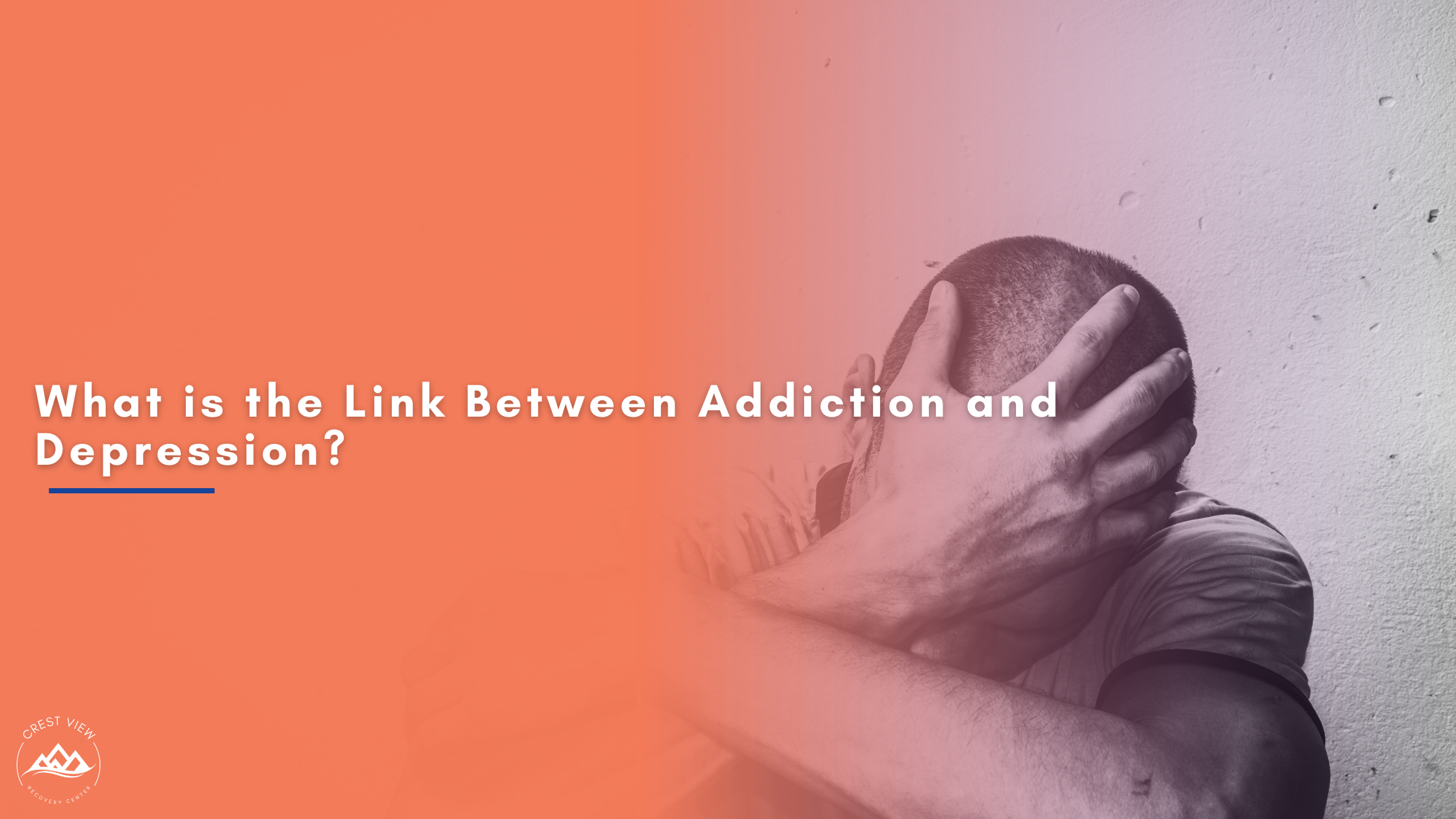Are you hiding a drinking problem? There are plenty of ways to do so. Becoming a social alcoholic is one of them. Is this your current modus operandi?
Are you a Social Alcoholic?
You know that you’re drinking is out of control. You spend way too much time recovering from the effects of hangovers. Yet, you don’t think that you have a problem. Because you don’t drink alone, you figure that you don’t really have a drinking disorder.
You might be one of these individuals who have a set drinking schedule. For example, you might not have a drink until after 3 p.m. or thereabouts. Similarly, you don’t drink alone at home. Rather, you go out to happy hour with friends or alone to be among others at the bar.
You tell yourself that having alcoholic drinks in this way isn’t the same as sitting in your home. Besides that, you’re functioning fine, and your life isn’t falling apart. This means that you don’t have a drinking problem – or does it?
Social Alcoholic Definition and Alcohol Use Disorder
A social alcoholic is someone who relies on drinking alcohol in social situations. Another term for someone who struggles with social alcoholism could be a high-functioning alcoholic. On the outside, you seem to have everything under control. However, you drink too much alcohol, do so too often, and subsequently have hangovers. You hide the drinking from others in the home and at work.
You might say that you have stomach problems or feel the flu coming on when you really have a hangover. Recently, you’ve noticed that you feel irritable and a little shaky until you have that first drink. Therefore, you started drinking earlier in the day – at a restaurant during lunch, of course. These are withdrawal symptoms.
It’s fair to say that you have a use disorder. You could benefit from the assistance of an alcohol treatment center.
What Happens During Treatment?
You don’t need to go away to a wilderness retreat to benefit from recovery. In contrast, work with a facility that offers evidence-based clinical care. Examples include:
- Behavioral therapy that encourages the development of new coping strategies for stressful situations
- Psychotherapy that helps manage conditions such as depression or anxiety that might be hiding behind substance abuse
- Nutritional counseling that boosts your understanding of positive lifestyle choices after program graduation
- One-on-one and group therapy for addiction education and relapse prevention training
- Community outings that provide an opportunity for you to practice sober living skills in real scenarios
Community outings are actually one of the most critical aspects of care. You learn not to use social settings as excuses for drinking. Similarly, you explore what it’s like to interact with others while sober. It may take a few outings before you relearn how to do so and become comfortable with it.
Another component of care consists of holistic treatments. Case in point is participation in guided meditation sessions. You explore how to relax your breath, mind, and body even when you feel pressure. Therefore, you realize that you no longer need to rely on chemicals to do this for you.
As you get good at meditation, you might try yoga, too. It’s a great way of adding stretches and movement to the breathing exercises. Once you get the hang of it, you’ll probably continue with it after rehab, too.
Outpatient Alcohol Rehab in North Carolina
If you’re a social alcoholic, you’ll find relief in knowing that there are plenty of good people just like you. At the Crest View Recovery Center, therapists routinely work with them. Find out how you can join the program and overcome a drinking problem. Call 8663272505 today.




